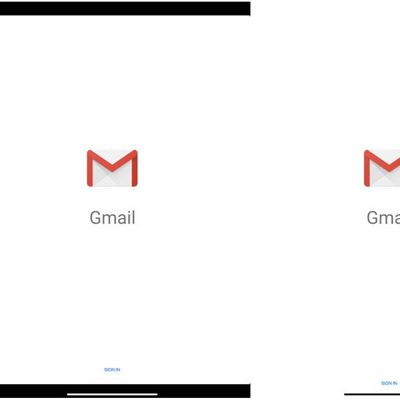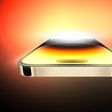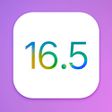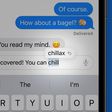iOS 16 lets you send messages with Siri without you having to confirm each message with the voice assistant before it's sent. Keep reading to learn how it's done.
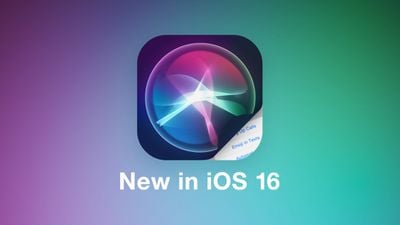
If you've ever sent a message to someone using Siri, you'll know that Siri will ask you to confirm each message by reading it back to you.
Confirming each message before it is sent can be a nuisance if you're having a long conversation with someone and you don't have access to your phone to type, which is why in iOS 16, you don't have to.
Apple has added a feature that allows Siri to automatically send messages without the confirmation step, which streamlines the whole process. Plus, it works with CarPlay. Here's how to opt in to the feature in iOS 16.
- Launch the Settings app on your iPhone.
- Scroll down and tap Siri & Search.
- At the bottom of the "Ask Siri" section, tap Automatically Send Messages.
- In the next menu screen, toggle on the switch next to Automatically Send Messages.
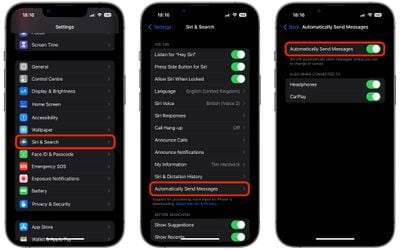
That's all there is to it. Siri will now automatically send messages unless you ask to change or cancel. Note that the last menu provides additional options to enable or disable automatic sending of messages when connected to Headphones and CarPlay.


